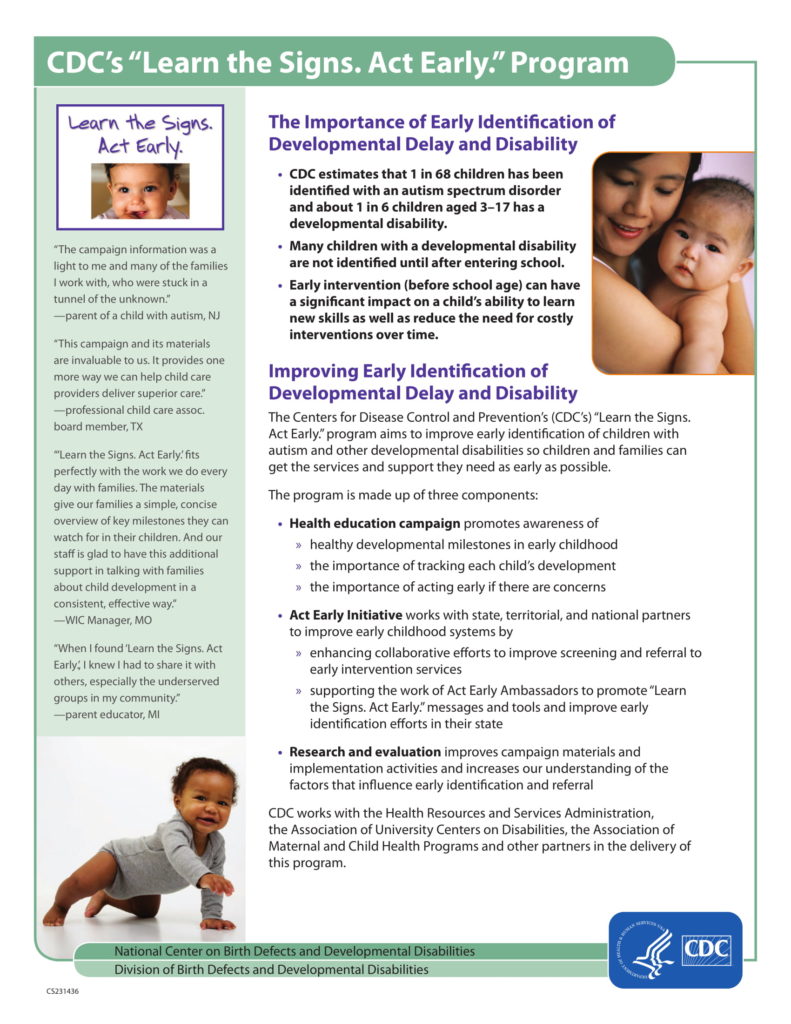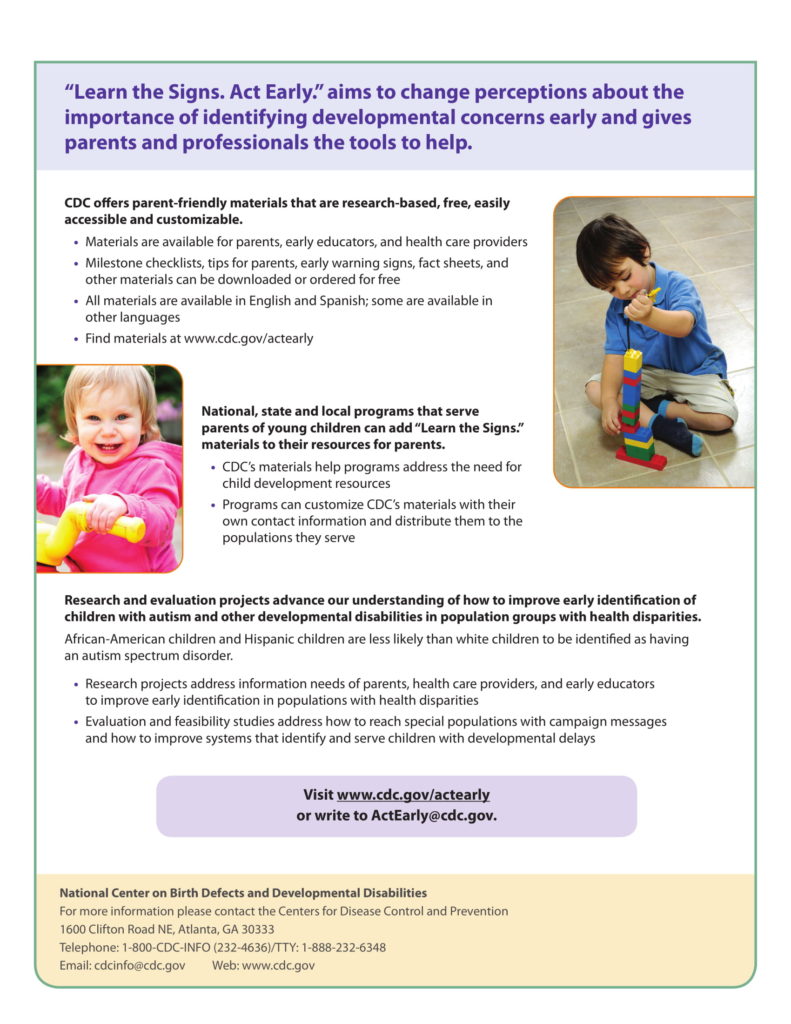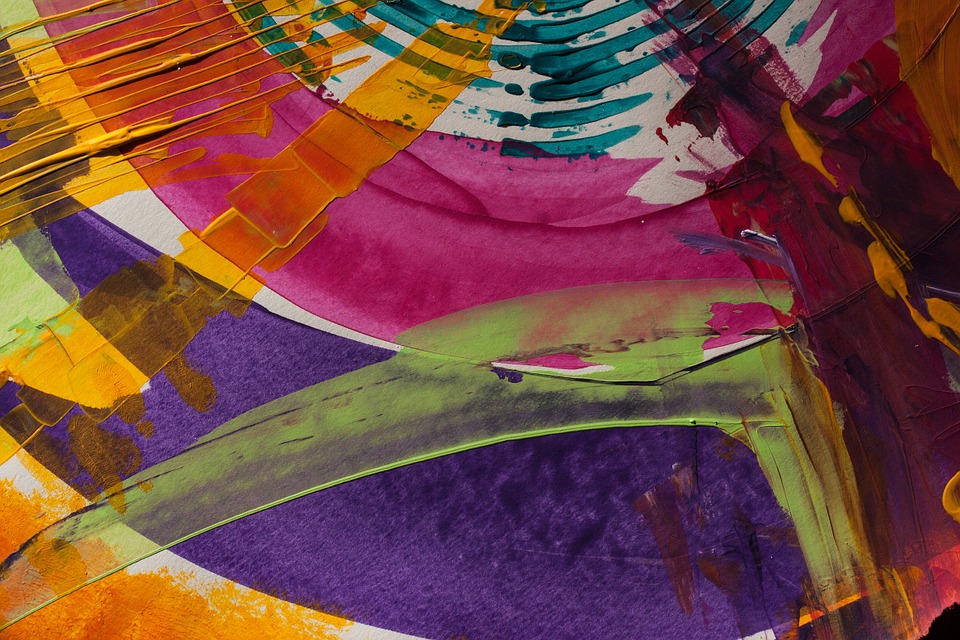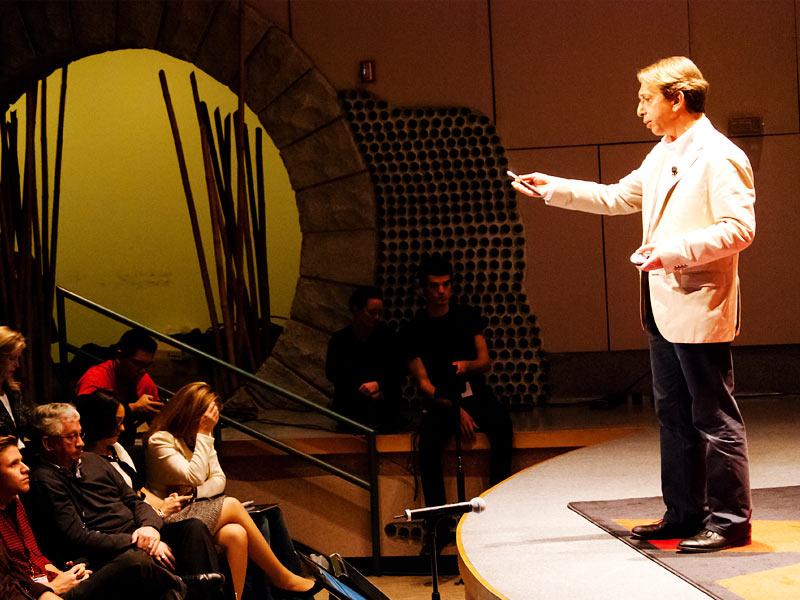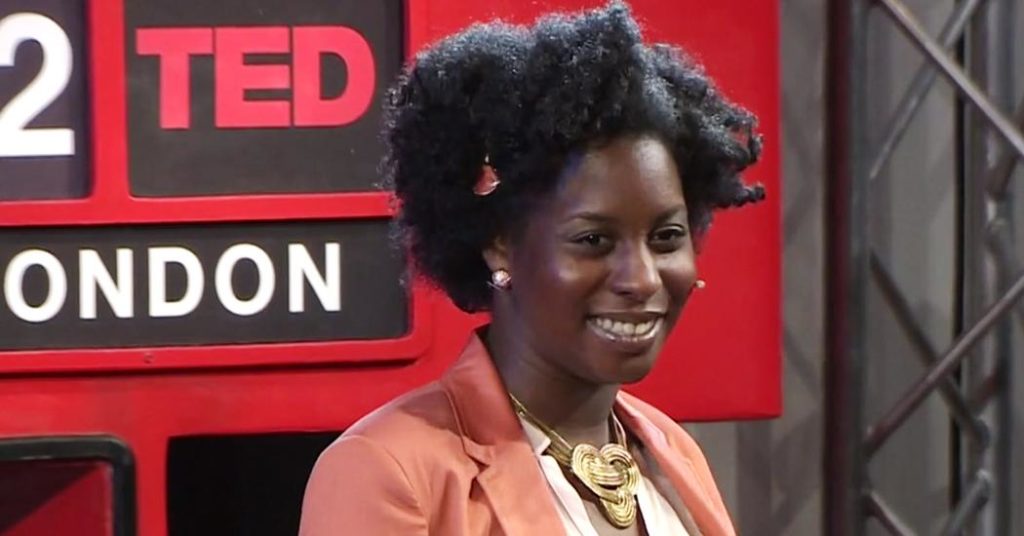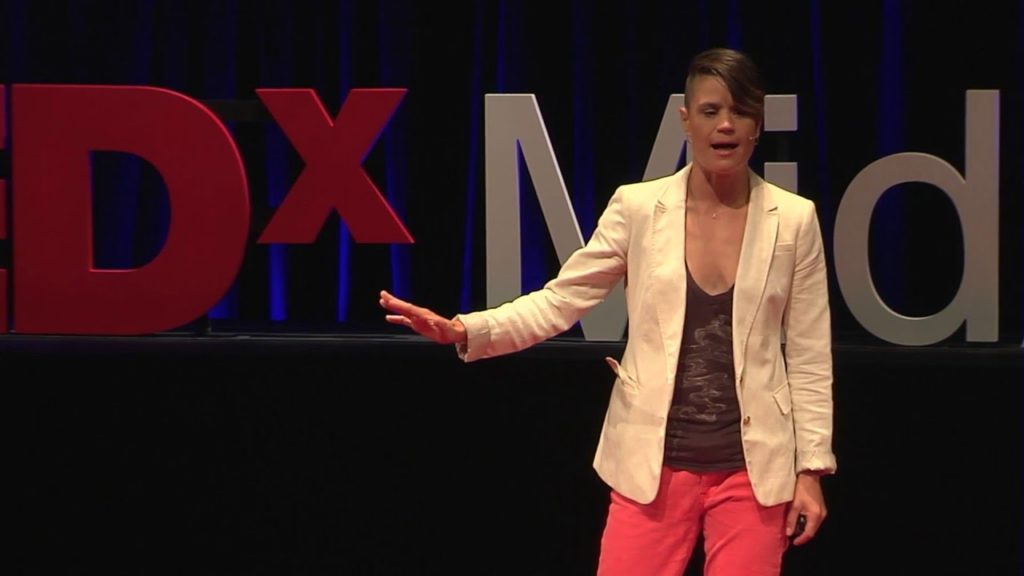autism
Sensory sensitivity may share genetic roots with autism
The heritable factors that underlie autism significantly overlap with those that influence unusual sensory responses, a new study of more than 12,000 twin pairs suggests1.
The findings reinforce the idea that sensory sensitivities are a core feature of autism. They also hint that a better understanding of the genetic factors underlying sensory responses could reveal insights into autism.
Still, experts caution that the link is preliminary because the study focused on only one form of sensory sensitivity.
Up to 90 percent of people with autism are either overly sensitive to sound, sight, taste, smell or touch, or barely notice them at all. Some seek out sensations by, for example, spinning in circles or stroking items with particular textures. Since 2013, the “Diagnostic and Statistical Manual of Mental Disorders” has included sensory sensitivities in the list of diagnostic criteria for autism.
Read the full article here.
A new way to diagnose autism
Early diagnosis of autism spectrum disorder can improve the lives of everyone affected, but the complex network of causes make it incredibly difficult to predict. At TEDxPeachtree, Ami Klin describes a new early detection method that uses eye-tracking technologies to gauge babies’ social engagement skills and reliably measure their risk of developing autism.
What I learned from my autistic brothers by Faith Jegede
When we design for disability, we all benefit from Elise Roy
“I believe that losing my hearing was one of the greatest gifts I’ve ever received,” says Elise Roy. As a disability rights lawyer and design thinker, she knows that being Deaf gives her a unique way of experiencing and reframing the world — a perspective that could solve some of our largest problems. As she says: “When we design for disability first, you often stumble upon solutions that are better than those when we design for the norm.”
